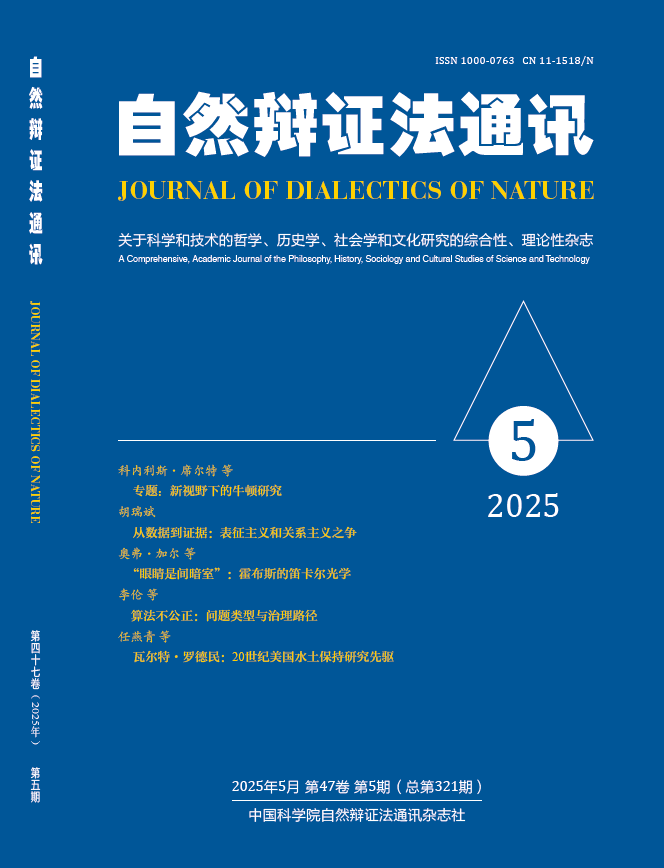

Published Online: 2025.4.10
DOI: 10.15994/j.1000-0763.2025.05.004 CSTR: 32281.14.jdn.2025.05.004
Abstract: Data plays a crucial role in scientific research, with its core value lying in its ability to provide evidence for related phenomena, hypotheses, or theories. Regarding how data serves as evidence, representationalism emphasizes that data itself has inherent representational value, while relationalism highlights its contextual relativity. The apparent opposition between the two arises from misinterpretations with too strong standpoints. Strong representationalism insists that data itself contains fixed informational content, thus possessing an evidential status beyond any specific context of inquiry. In contrast, strong relationalism argues that the evidential status of data depends entirely on the context of inquiry, even claiming that only data serving as evidence qualifies as data. However, representationalism does not necessarily lead to the strong version, and neither does relationalism. Representationalism and relationalism are not contradictory but can be compatible with each other. They focus on different stages of inquiry and research fields, and they can reach a consensus on points such as the representational value of data, its context-dependence, as well as its public and social nature.
Key Words: Data; Evidence; Representationalism; Relationalism
This article can be downloaded here
https://jdn.ucas.ac.cn/public/uploads/files/67f75a57dd1eb.pdf
- Contact Us
- Address: No.19A Yuquan Road, Beijing, 100049, China
- Phone: +86-10-88256007
- Email:jdn@ucas.ac.cn




